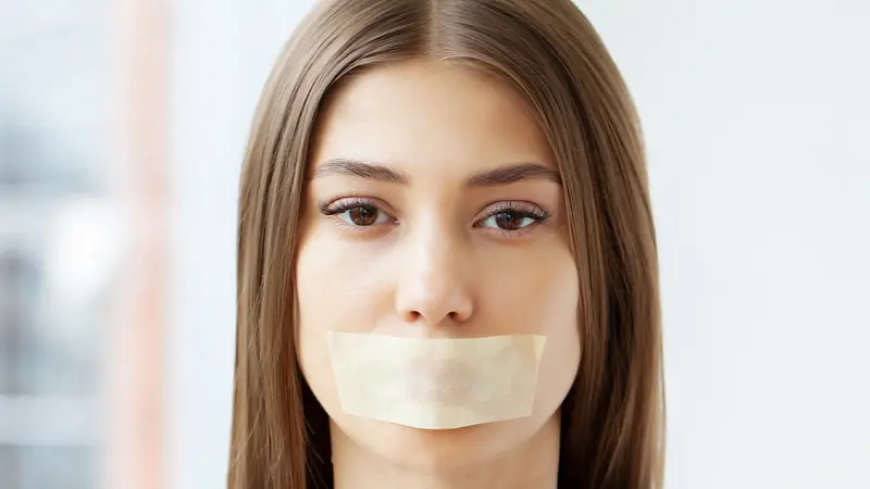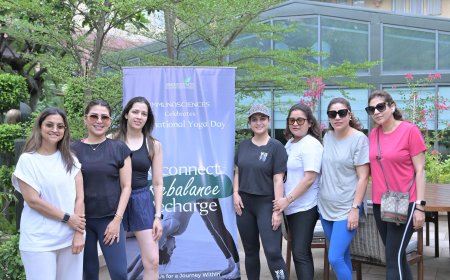Exploring the Effectiveness of Mouth Taping for Snoring and Sleep Apnea Treatment
Mouth taping has gained attention as a potential remedy for snoring and sleep apnea. This article delves into its effectiveness, benefits, and considerations for those seeking solutions for better sleep.

Mouth taping, a technique gaining traction among sleep enthusiasts, is often discussed as a possible remedy for snoring and sleep apnea. The practice involves applying adhesive tape to the mouth during sleep, with the aim of promoting nasal breathing rather than oral breathing. This article examines the potential benefits and drawbacks of mouth taping for those troubled by snoring or sleep apnea.
The Rationale Behind Mouth Taping
Proponents argue that mouth taping encourages the body to breathe through the nose, which can lead to better airflow and potentially reduce the vibrations that cause snoring. Nasal breathing is generally considered more effective in regulating airflow, improving oxygen uptake, and optimizing sleep quality.
Potential Benefits
-
Reduction in Snoring: Many users report a decrease in snoring when using this method, as nasal breathing can minimize the vibration of throat tissues that typically results in snoring sounds.
-
Improved Sleep Quality: Some individuals find that nasal breathing leads to more restful sleep, as it may enhance oxygen delivery and reduce interruptions due to snoring.
-
Encouragement of Healthy Breathing Habits: Mouth taping may help individuals develop a habit of nasal breathing, which can be beneficial in various aspects of health and wellness.
Considerations and Risks
While some users have experienced positive outcomes, mouth taping is not suitable for everyone. Key considerations include:
-
Underlying Health Conditions: Individuals with pre-existing breathing issues, nasal obstructions, or health conditions should consult a healthcare provider before attempting mouth taping.
-
Comfort and Safety: Some might find the tape uncomfortable or may experience anxiety about being unable to breathe through their mouth, especially during sleep.
-
Effectiveness: Scientific evidence supporting mouth taping remains limited. It may not address the root cause of sleep apnea, which often requires medical intervention or the use of devices like CPAP machines.
Mouth taping presents an intriguing option for those looking for alternative methods to alleviate snoring and improve sleep quality. However, it is essential to approach this practice with caution and to consult with a healthcare professional, especially for those experiencing symptoms of sleep apnea. Ultimately, a personalized approach to sleep issues is critical for achieving the best results in sleep health.





























































